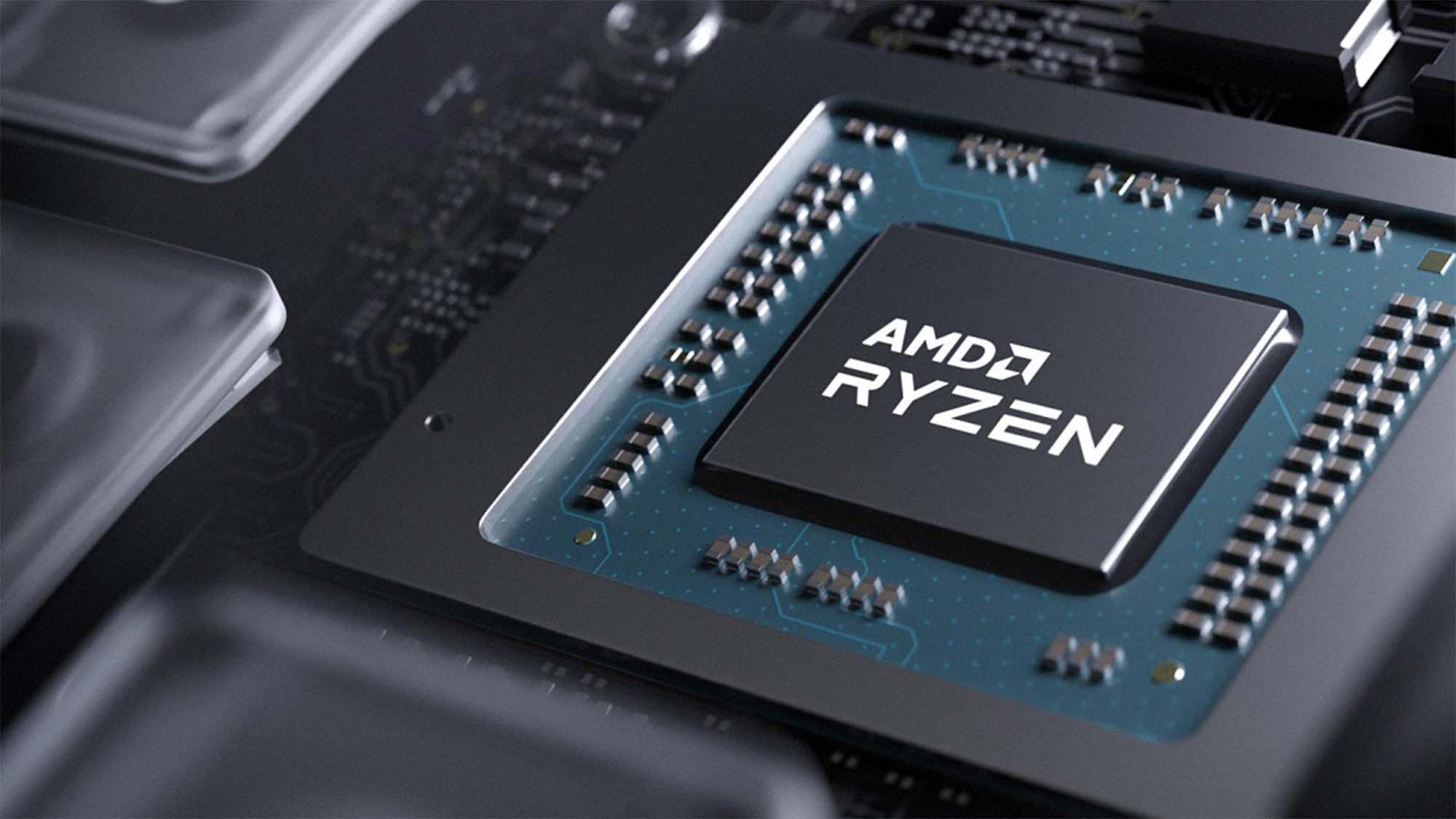Chromebooks just got a powerful new upgrade from AMD
Chromebooks are getting closer to genuine laptop performance

AMD just announced its new Ryzen 5000 C-series processors, bringing its powerful Zen 3 architecture to premium-class Chromebooks from HP and Acer.
The new processor series run from the AMD Ryzen 3 5125C, which is a dual-core/four-thread chip with 3.0GHz boost frequency, to the high-end AMD Ryzen 7 5825C, which is an eight-core/16-thread beast with a boost frequency up to 4.5GHz.
"With up to eight cores, the Ryzen 5000 C-Series processors give Chromebook users the flexibility to stay unplugged all day without sacrificing performance and productivity," said AMD SVP Saeid Moshkelani in a statement on the new line.
The new processors come as Chromebook makers are looking to market the devices beyond the education market, where they are ubiquitous in classrooms across the US and elsewhere. Of particular interest is the enterprise sector, where manufacturers hope to see Chromebooks become adopted as a kind of computer-away-from-your-computer, offering excellent performance for business applications and portability, while improving battery life, display and video quality, and more.
"This new generation of Chromebooks is a great example of what a collaborative industry partnership can bring—excellence in compute performance, graphics, battery life, and design," said James Lin, general manager for notebooks at Acer's IT Products Business division.
Here are the specs for the four Ryzen 5000 C-series processors announced today:
- AMD Ryzen 7 5825C: 8C/16T | 15W | 2.0GHZ, up to 4.5GHz | Eight GPU cores | 20MB cache
- AMD Ryzen 5 5625C: 6C/12T | 15W | 2.3GHz, up to 4.3GHz | Seven GPU cores | 19MB Cache
- AMD Ryzen 3 5425C: 4C/8T | 15W | 2.7GHz, up to 4.1GHz | Six GPU cores | 10MB cache
- AMD Ryzen 3 5125C: 2C/4T | 15W | 3.0GHz/3.0GHz | Three GPU cores | 9MB cache
Analysis: It has the power, now what is the Chrome OS going to do with it?
Chromebooks have always been low-powered devices. This helps keep costs low and make the devices much more affordable for schools and parents looking for a device their kids could use without risking an expensive laptop in the hands of an adolescent with a shaky cup of soda.
Sign up for breaking news, reviews, opinion, top tech deals, and more.
As a consequence, the operating system that evolved on Chromebooks, Chrome OS, is geared more toward basic productivity, education, and cloud computing than it is more heavy-duty tasks like multimedia editing. We won't even talk about gaming.
Bumping up the processing power of a Chromebook certainly can't hurt, but if what you're doing is still just basic productivity and cloud computing, then you really don't need it. Having access to the entire Google Android ecosystem is fine and all, but Android apps are built for phones and tablets, not laptop computers, and no one is going to mistake the two just because it's running on a Chromebook.
If manufacturers really want to see Chromebooks break into the enterprise market, then Google must reimagine Chrome OS as something more than it currently is. An enterprise-class laptop that professionals actually use for work can do much more than just connect to a Salesforce portal, and unless Google starts making its OS much more robust, even the best processors in the world can't turn the Chromebook into more than a student-centered device.

John (He/Him) is the Components Editor here at TechRadar and he is also a programmer, gamer, activist, and Brooklyn College alum currently living in Brooklyn, NY.
Named by the CTA as a CES 2020 Media Trailblazer for his science and technology reporting, John specializes in all areas of computer science, including industry news, hardware reviews, PC gaming, as well as general science writing and the social impact of the tech industry.
You can find him online on Bluesky @johnloeffler.bsky.social